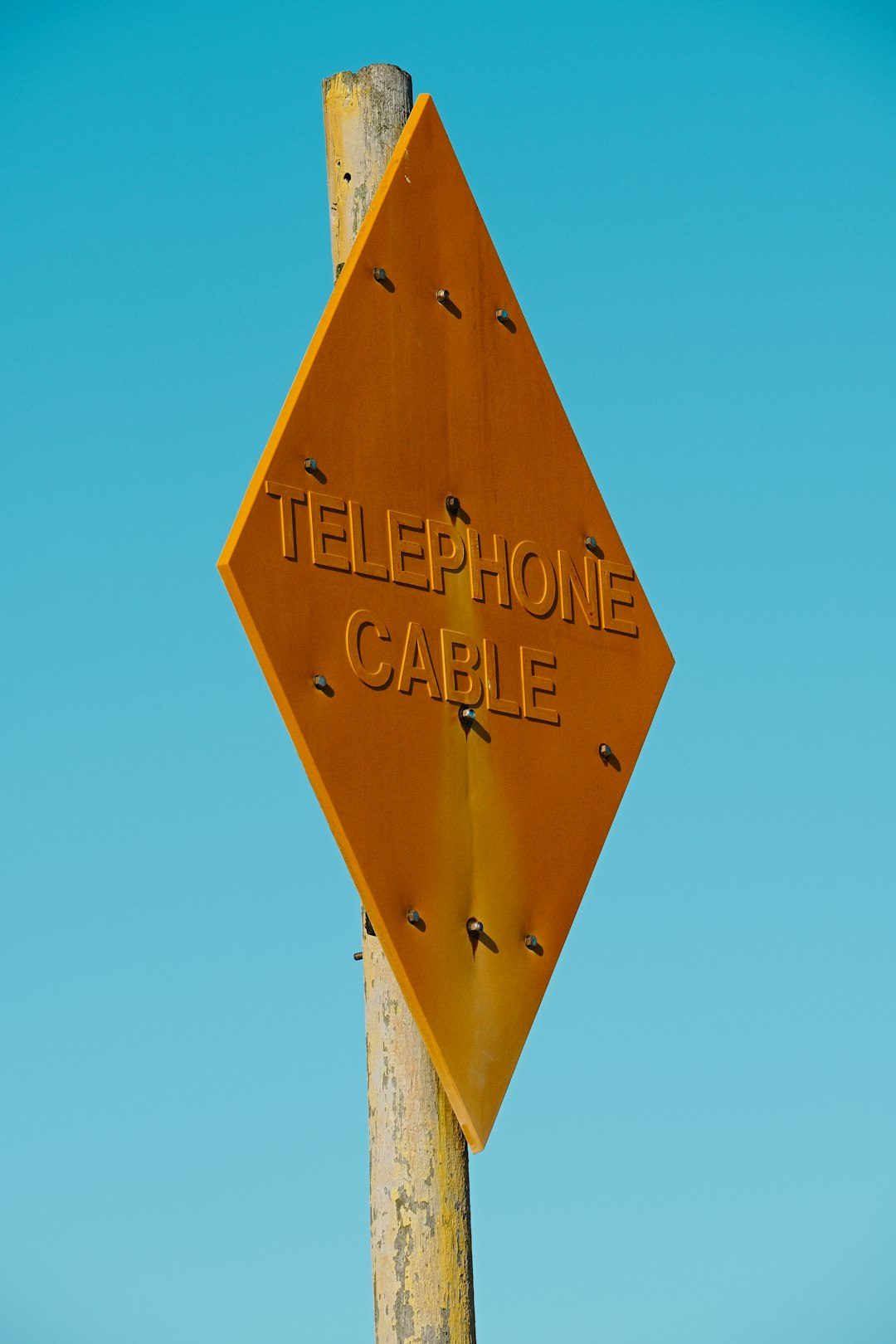In the digital age, Newark residents face a surge in unwanted robocalls, which have legal implications due to Delaware's strict regulations against deceptive telemarketing. Robocall attorneys in the state guide residents through these laws, helping them assert rights and stop nuisance calls. Reporting suspected robocalls is crucial; details like caller info, date, time, and messages should be documented and shared with local law enforcement or the Delaware Attorney General's office. Phone service providers also offer call-blocking tools. Robocall attorneys play a vital role in combating persistent calls and protecting consumers through legal action.
As a resident of Newark, Delaware, you have rights and protections against unwanted phone calls, particularly from robocall attorneys. This guide breaks down everything you need to know about navigating these intrusive calls. We explore the legal implications of robocalls in Delaware, walk through the process of reporting them to the proper authorities, and detail your rights as a Newark resident when dealing with these persistent callers. Understanding these steps is crucial for reclaiming control over your phone lines from aggressive robocall attorneys.
Understanding Robocalls and Their Legal Implications in Delaware

In today’s digital era, unwanted calls, often referred to as robocalls, have become a pervasive issue for many Newark residents. These automated phone calls, usually promoting products or services, can be frustrating and invasive. What many don’t realize is that these robocalls are not only an annoyance but also have significant legal implications. Delaware, like many states, has strict regulations in place to protect consumers from deceptive or unwanted telemarketing practices.
Robocall attorneys in Delaware play a crucial role in navigating these complex laws and ensuring businesses comply. They help residents understand their rights and take action against persistent or illegal robocalls. By utilizing consumer protection laws, these attorneys can seek remedies for those affected, including blocking future calls and even suing the responsible parties. This not only helps individuals regain control of their communication but also sets a precedent to deter similar instances of nuisance calling.
The Process of Reporting Unwanted Calls to the Proper Authorities

Reporting unwanted calls, especially those suspected to be robocalls, is a crucial step in protecting yourself and your community from telemarketing fraud. As a Newark resident, you have the power to take action by following the appropriate process to inform the authorities. Firstly, identify the caller using tools available on your device or through online resources that help trace unknown numbers. Note down any details like the date, time, and specific messages received.
Once ready, contact your local law enforcement agency or the Delaware Attorney General’s office, who have dedicated teams to handle such complaints. Explain the situation clearly, providing all relevant information. They will guide you through the reporting process, which typically involves filling out a form detailing the incident. In some cases, they may also direct you to consult with robocall attorneys in Delaware for further assistance and legal advice on how to proceed against persistent or malicious callers.
Your Rights as a Newark Resident When Dealing with Robocall Attorneys

As a Newark resident, you have rights when it comes to dealing with unwanted calls from robocall attorneys. In the state of Delaware, laws are in place to protect consumers from deceptive or harassing phone marketing practices. These include restrictions on automated dialing systems and requirements for companies to obtain explicit consent before making telemarketing calls.
When facing repeated calls from robocall attorneys, you can take several steps. First, document each call by noting the caller’s number, the date and time of the call, and a brief description of what was said. You can then report these calls to the Delaware Attorney General’s Office or file a complaint with the Federal Trade Commission (FTC). Additionally, most phone service providers offer tools for blocking unwanted calls, which can provide some relief from robocall attorneys in the future.






